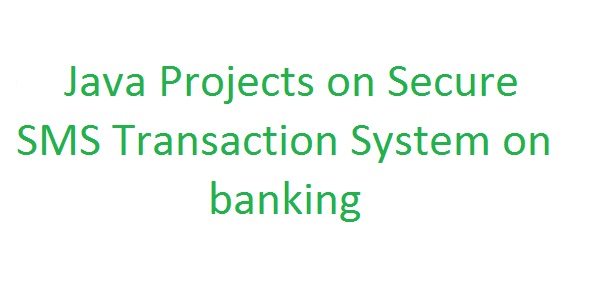ABSTRACT: Personality-based encryption (IBE) is an open key cryptosystem and kills the requests of open key foundation (PKI) and authentication organization in traditional open key settings. Because of the nonappearance of PKI, the repudiation issue is a basic issue in IBE settings. A few revocable IBE plans have been proposed with respect to this issue. Recently, by inserting an outsourcing calculation strategy into IBE, Li et al. proposed a revocable IBE conspire with a key-refresh cloud specialist co-op (KU-CSP). Be that as it may, their plan has two deficiencies. One is that the calculation and correspondence costs are higher than past revocable IBE plans. The other inadequacy is the absence of adaptability as in the KU-CSP must keep a mystery esteem for every client. In the article, we propose another revocable IBE conspire with a cloud renouncement specialist (CRA) to settle the two deficiencies, in particular, the execution is fundamentally enhanced and the CRA holds just a framework mystery for every one of the clients. For security investigation, we show that the proposed plot is semantically secure under the decisional bilinear Diffie-Hellman (DBDH) presumption. At long last, we expand the proposed revocable IBE plan to introduce a CRA-helped verification conspire with period-constrained benefits for dealing with a substantial number of different cloud administrations.
EXISTING SYSTEM:
- Li et al. Bpo computation technique into IBE to propose a revocable IBE scheme with a key-update cloud service provider (KU-CSP). They shift the key-update procedures to a KU-CSP to alleviate the load of PKG.
- Li et al. also used the similar technique adopted in Tseng and Tsai’s scheme, which partitions a user’s private key into an identity key and a time update key.
- The PKG sends a user the corresponding identity key via a secure channel. Meanwhile, the PKG must generate a random secret value (time key) for each user and send it to the KU-CSP.
- Then the KUCSP generates the current time update key of a user by using the associated time key and sends it to the user via a public channel.
DISADVANTAGES OF EXISTING SYSTEM:
- ID-based encryption (IBE) allows a sender to encrypt message directly by using a receiver’s ID without checking the validation of public key certificate.
- In the existing system, misbehaving/compromised users in an ID-PKS setting is naturally raised.
- Immediate revocation method employs a designated semi-trusted and online authority (i.e. mediator) to mitigate the management load of the PKG and assist users to decrypt the ciphertext.
- The computation and communication costs are higher than previous revocable IBE schemes.
- The other shortcoming is un-scalability in the sense that the KU-CSP must keep a time key for each user so that it will incur the management load.
PROPOSED SYSTEM:
- In order to solve both the un-scalability and the inefficiency in Li et al.’s scheme, we propose a new revocable IBE scheme with cloud revocation authority (CRA).
- In particular, each user’s private key still consists of an identity key and a time update key. We CRA to replace the role of the KU-CSP in Li et al.’s scheme. The CRA only needs to hold a random secret value (master time key) for all the users without affecting the security of revocable IBE scheme.
- The CRA uses the master time key to generate the current time update key periodically for each non-revoked user and sends it to the user via a public channel. It is evident that our scheme solves the un-scalability problem of the KU-CSP.
- We construct a CRA-aided authentication scheme with period-limited privileges for managing a large number of various cloud services.
ADVANTAGES OF PROPOSED SYSTEM:
- The proposed scheme possesses the advantages of both Tseng and Tsai’s revocable IBE scheme and Li et al.’s scheme.
- The proposed present the framework of our revocable IBE scheme with CRA and define its security notions to model possible threats and attacks
- CRA-aided authentication scheme with period-limited privileges for managing a large number of various cloud services.
HARDWARE REQUIREMENTS:
- System: Pentium IV 2.4 GHz.
- Hard Disk: 40 GB.
- Ram: 2 Gb.
- Monitor: 15 VGA Colour.
SOFTWARE REQUIREMENTS:
- Operating system: Windows 7.
- Coding Language: Java 1.7, Java Swing
- Database: MySql 5
- IDE: Eclipse
DOWNLOAD BASE PAPER: Identity-Based Encryption with Cloud Revocation Authority and Its Applications
Projects related Any Queries please Contact Us: Mail Id– freeprojectsall@gmail.com



